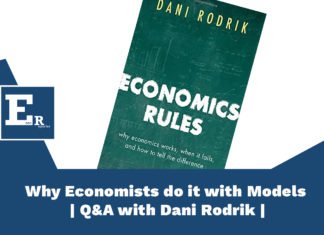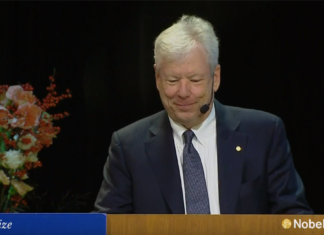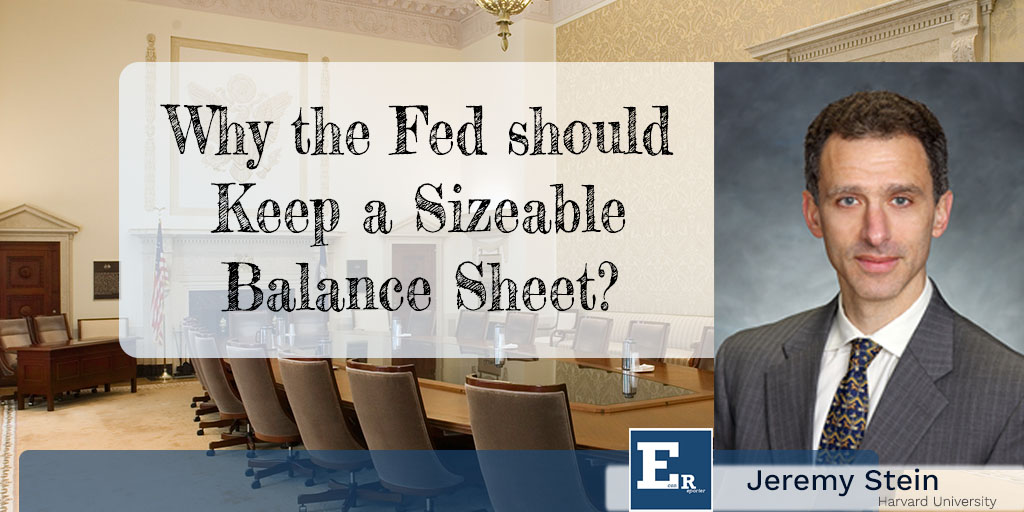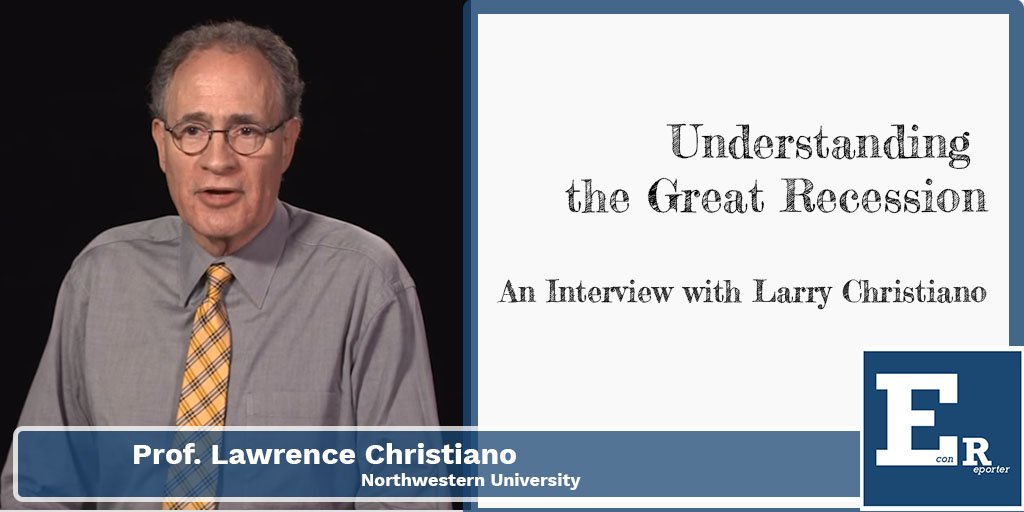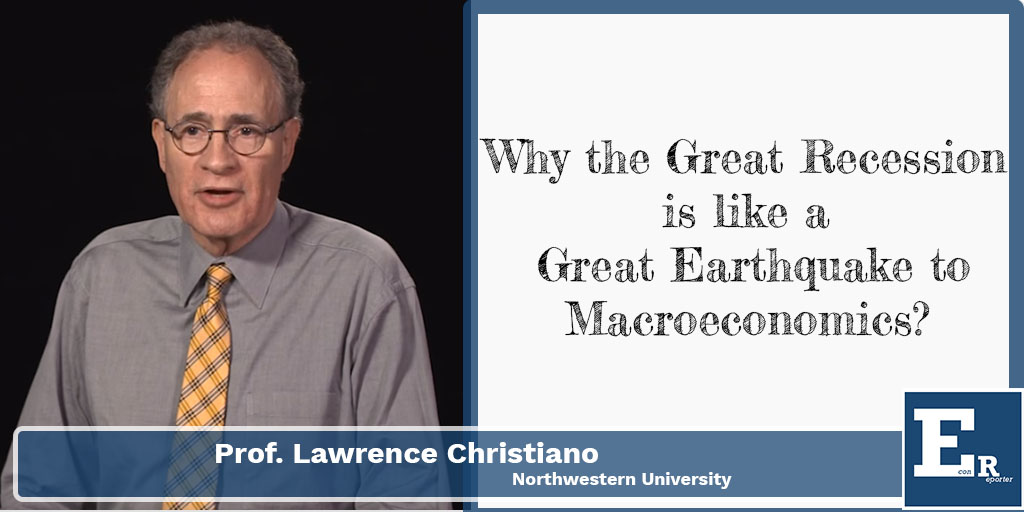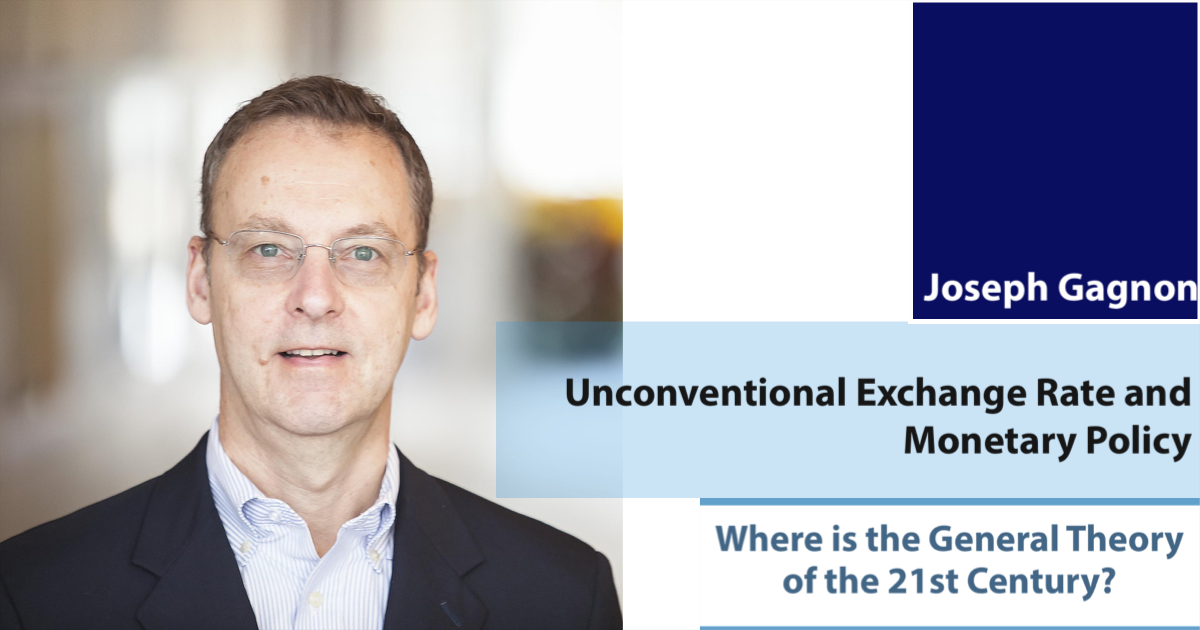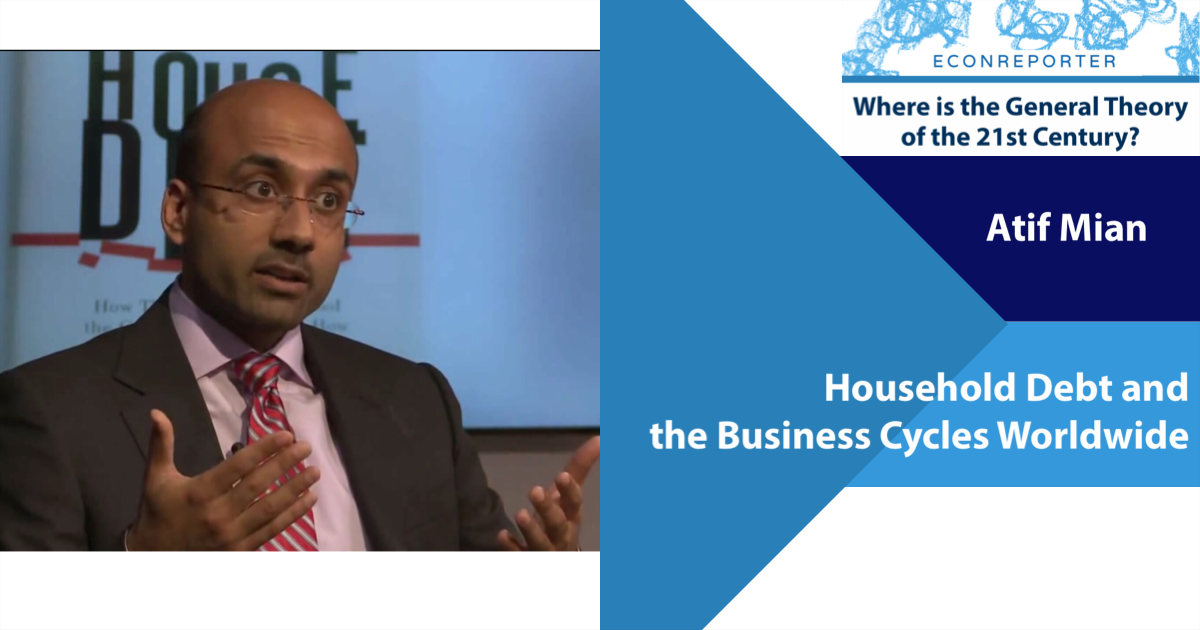Economics Rules – Why Economists do it with Models | Q&A with Dani Rodrik
Rodrik explained why good economists think in terms of models, and what are major differences between models and theory.
He also told us why macroeconomists' quest to find "the one true model" on the business cycle is probably misguided.
“The Rate of Return on Everything, 1870-2015”
How Alan Taylor, one of the authors of "The Rate of Return on Everything, 1870-2015" explains the liquidity premium problem when we compare the rate of return on Housing and Equity
Integrating Psychology with Economics | Q&A with Hersh Shefrin & Shlomo Benartzi
In celebration of Richard Thaler's prize lecture for his 2017 Nobel prize, we interviewed two of his best co-authors -- Hersh Shefrin and Shlomo Benartzi -- to discuss the future of behavioral economics.
Why Yellen should have stayed as Fed Governor? | Interview with Conti-Brown
Peter Conti-Brown, author of one of the best book about the institution of Fed, "The Power and Independence of the Federal Reserve", explains what Jay Powell's nomination means to the Fed independence and why Janet Yellen should have stay as governor after his Chair term ended.
How to Maintain Prosperity for All | Interview with Roger Farmer
Roger Farmer explains : Why central banks should consider stock market intervention in stabilizing the employment markets?
Why the Fed should Keep a Sizeable Balance Sheet? | Q&A with Jeremy...
Jeremy Stein, former Federal Reserve governor, talks to us about his recent research “The Federal Reserve's Balance Sheet as a Financial-Stability Tool” and why the Fed should maintain a sizeable balance sheet.
Understanding the Great Recession | Interviews with Larry Christiano |
Larry Christiano, one of the most prominent researcher on DSGE model, explains what his research "Understanding the Great Recession" tell us about the Great Recession as well as labor participation rate's role in the developments of the Great Recession.
A Macroeconomic Earthquake | Q&A with Larry Christiano
In this interview, Prof Christiano shared his view on the development of post-2008 academic macroeconomics. We’ve asked Prof Christiano does he agree that modern macroeconomic models are too complicated for the general public, or even policymakers and if he agrees that economic models should be “simpler”. Does he think the recent revival of ISLM model a “good trend”? Should Macroeconomists hang on their faith in DSGE models? Should they explore alternative paths?
The effects of Unconventional Exchange Rate and Monetary Policy | Q&A with Joseph Gagnon
The honorable guest for this installment is Joseph E. Gagnon, senior fellow at Peterson Institute for International Economics (PIIE). We discussed one of his latest research paper "Unconventional Monetary and Exchange Rate Policies" and the new book he coauthored with C. Fred Bergsten, "Currency Conflict and Trade Policy: A New Strategy for the United States". Gagnon also shared his view on the very popular "Global Financial Cycle" ideas.
How Household Debt affect the Global Business Cycles | Q&A with Atif Mian |
In this installment of the interview, Professor Mian explains the major findings in his recent research paper "Household Debt and Business Cycles World Wide" and the important implications of that paper.


